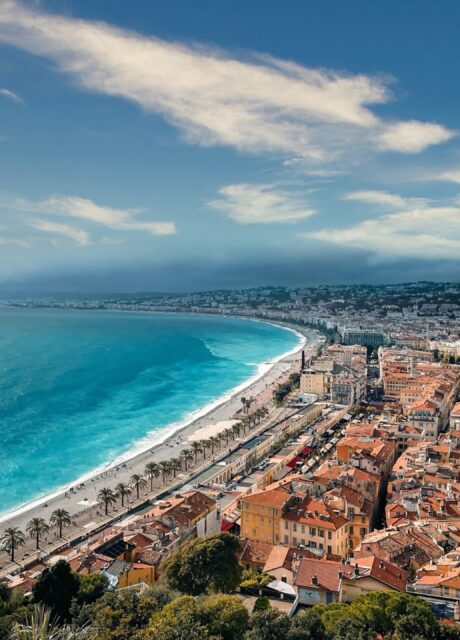In the EU, plastics constitute up to 95% of all waste found on shorelines and at sea. In 2019, the Balearic Autonomous Government is pioneering the fight against single-use plastics with the approval of sweeping legislation which, as of January 2021, will ban many plastic products, including lightweight plastic bags, plastic cutlery, plates and straws, disposable razors and lighters and single-use coffee capsules.

This ground-breaking law goes further than the EU Directive on Single-Use Plastics, by prohibiting more items and having more ambitious re-use objectives, establishing a benchmark for the fight against marine litter in Europe.
Waste has always been an issue in the Balearic Islands, creating tension between local populations and tourists. One of the consequences of the great number of tourists is huge quantities of waste, which for small islands can be difficult to manage and dispose of. The resulting plastic litter and pollution on the coasts and in the sea and their impact on marine life have led the government to take a holistic approach to waste, focusing on prevention and reduction at source in addition to management.
The law aims to reduce the total volume of waste by 20% by 2030. In addition to banning the sale of many plastic products, it makes producers responsible for waste collection and management; allows for deposit return systems for beverage containers; and incentivises sustainable consumption and re-use through green public procurement. This comprehensive text offers a unique combination of practical prevention measures to achieve effective reduction in the use of single-use plastics, which can be replicated in other European countries when transposing the new EU Directive on single-use plastics into national law.
Marine litter, and plastic pollution in particular, touches on several SDGs. Due to its global nature, plastic pollution can only be addressed by comprehensive policy strategies, including toxic-free design and materials; pollution free oceans; and systemic modification of production and consumption patterns.
This article is an extract from the report Time to reach for the moon – The EU needs to step up action and lead the transformation to sustainability by the SDG Watch Europe coalition, drafted by Seas At Risk’s Senior Marine Litter Policy Officer Frédérique Mongodin.
Posted on: 25 September 2020



